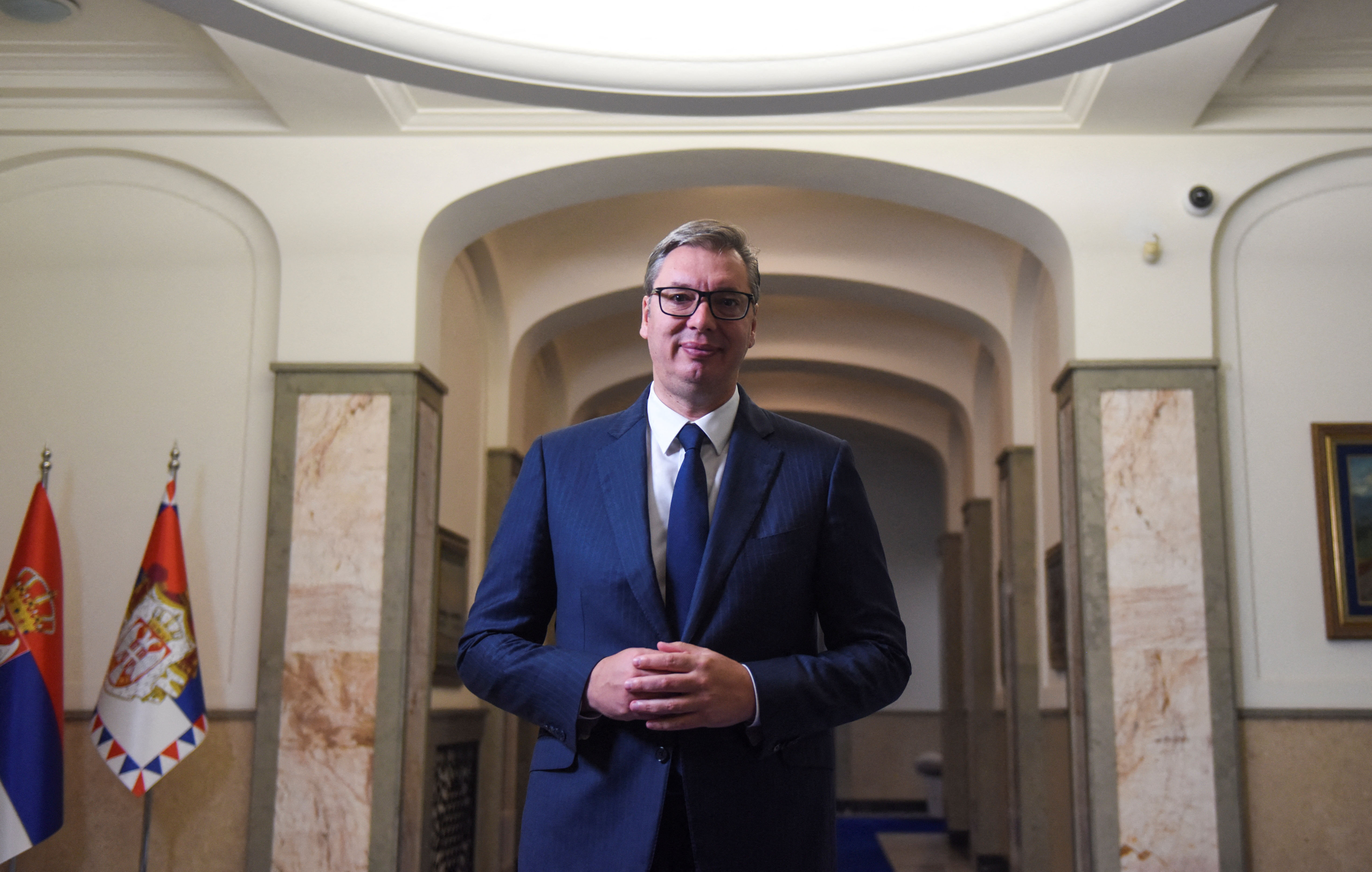
Although Serbs have existed as a distinct ethnicity for centuries, contemporary Serbia is the result of the breakup of socialist Yugoslavia and subsequent wars.
Although Serbs have existed as a distinct ethnicity for centuries, contemporary Serbia is the result of the breakup of socialist Yugoslavia and subsequent wars.
Yugoslavia was formed after the end of the first World War, by the union of the State of Slovenes, Croats and Serbs and the Kingdom of Serbia. In 1992, Yugoslavia was officially dissolved and the civil wars that took place throughout the 1990s between Serbs, Croats and Kosovan Albanians led the former two to independence, while Kosovo’s independence is still not universally recognised.
At the same time, the wars deprived the Serbs of the opportunity to develop economically. Moreover, having been considered by the West as the main culprits of the civil wars, Serbia’s infrastructure was almost entirely destroyed by Nato bombings. As a result, Serbian GDP was below $7 billion in 2000.
Since then, a lot has changed. Although Serbia remains a relatively small economy, with a population of almost 7 million, its economic growth has been noteworthy. In 2023, the country’s GDP reached $75 billion, registering strong annual growth due to the performance of the agriculture, construction and energy sectors. Services contribute about 65 per cent to GDP while industry contributes 25 per cent, and Serbia is now considered an emerging upper-middle income economy.
Total foreign direct investment has hovered around $40 billion since 2000, but is expected to increase significantly, due to the country’s lithium deposits. The ultra-precious metal is used to manufacture computers, electric vehicle batteries and so on and is essential in the context of the green energy transition.
The richest deposit, located in the Jadar river valley, is considered capable of producing around 30 thousand metric tonnes in its first year of operation and satisfy up to 90 per cent of European lithium requirements.
As a result, Serbia’s geopolitical importance has received a strong boost, and already Chinese President Xi Jinping and German Chancellor Olaf Scholz have visited Serbian President Aleksandar Vucic.
At present, Vucic seems determined to export lithium to Europe, and has rejected Chinese proposals despite China’s support of Serbia’s negative stance on the independence of Kosovo, thereby sustaining his country’s course for EU membership.
EU-Serbia cooperation has been underlined through a memorandum of understanding on sustainable raw materials, while the Australian-British giant Rio Tinto has allocated more than €2 billion to the lithium mining project.
According to the Serbian Minister of Finance, the Zadar field alone may increase the country’s GDP by 16 per cent. If this materialises, it has the potential to further reduce the country’s debt to GDP ratio, which currently stands at around 53 per cent, well below the EU entry criterion of 60 per cent.
On the other hand, the Serbian economy faces serious challenges. Rapid growth has led to inflation exceeding 4 per cent, while the incomes of most households remain stagnant. At the same time, the trade deficit, although significantly reduced during 2023, exceeds 10 per cent and unemployment hovers around 8.5 per cent.
Furthermore, the rule of law in Serbia is, according to observers, subject to political interference, corruption and bureaucracy, while the country is characterised by a lack of structural reforms.
Also, Serbia’s ongoing embrace with Russia, the nationalist tendencies of the Serbian president and the complex geopolitical processes in the Balkans contribute to instability that creates serious concerns in the West, as evidenced by the recent tour in the Western Balkans of CIA Director William Burns.
Andreas Charalambous and Omiros Pissarides are economists and the opinions they express are personal




